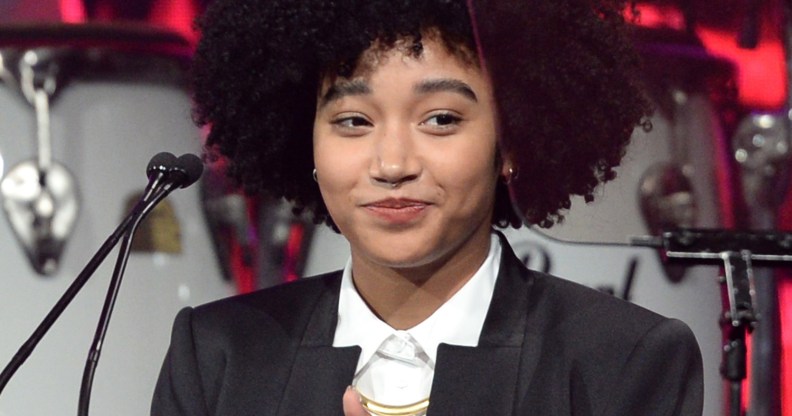One in five millennials now identifies as LGBT+

One in five millennials identifies as LGBT+, a new study has found.
A GLAAD Accelerating Acceptance 2017 survey of more than 2,000 people in the US found that 20 percent of adults under 35 identified as LGBT+.
It also found that 12 percent of respondents said they did not identify with their sex assigned at birth, or otherwise don’t conform to gender stereotypes.

The latest survey comes in contrast to one conducted by the Public Religion Research Institute (PRRI), which found that 7 percent of adults under 35 identified as LGBT+.
A survey in the UK in February found that more than half of people under 35 don’t identify as straight.
Of the survey, Sarah Kate Ellis, the president of GLAAD, said: “The study shows a remarkable new era of understanding and acceptance among young people, an inspiring indication of the future.
“As the [US] administration begins to fulfil its pledges to move the country backwards, many are concerned about progress made in recent years for the LGBTQ community.
“Though laws can be unwritten, hearts and minds in America have been changed of the better – and that is a reality less easily unravelled.”
The survey also found that a large proportion, 63 percent of those under 35 considered themselves allies to the LGBT+ community. A further 23 percent said they were a ‘detached supporter’, and only 14 percent said they were resistant to LGBT+ rights.
Last year’s report from the Public Religion Research Institute (PRRI) in November found that seven percent of 18 to 35-year-olds identify as LGBT. In contrast, another study found only three and a half percent of American adults over 35 did the same.
As well as asking respondents about sexual orientation and gender identity, the study took views on LGBT discrimination, equality in the workplace, sex education and abortion.
It was found that the majority of millennials believe proper sex education and contraception is the best way to prevent pregnancy – not abstinence – and that LGBT people should be protected from discrimination in the workplace.
The research was unclear about why there seemed to be more millennials identifying as LGBT compared to other generations.
Though it was suggested it could be due to millennials being more confident and forthcoming about their gender and sexuality compared to other generations.
Although this study only questioned over 18s, if Generation Z is brought into the mix there can be a pattern of growing tolerance – with less than half of them identifying as straight.

